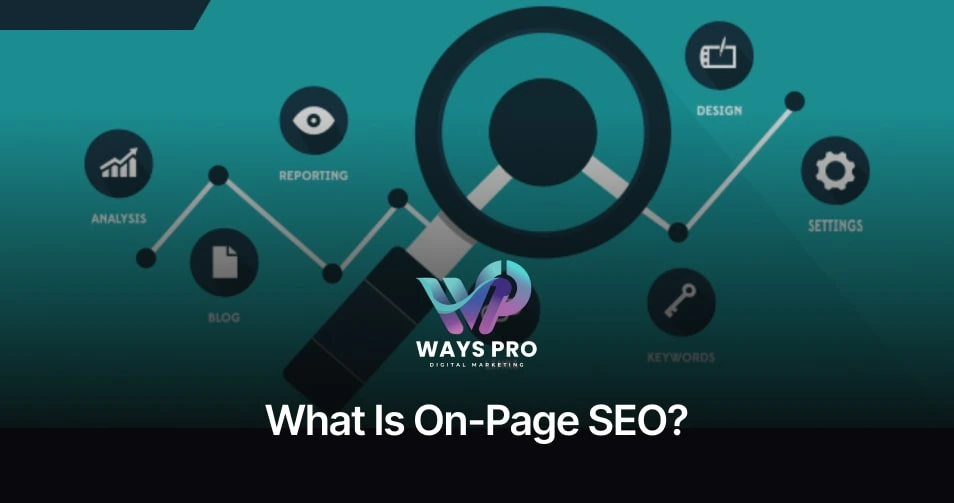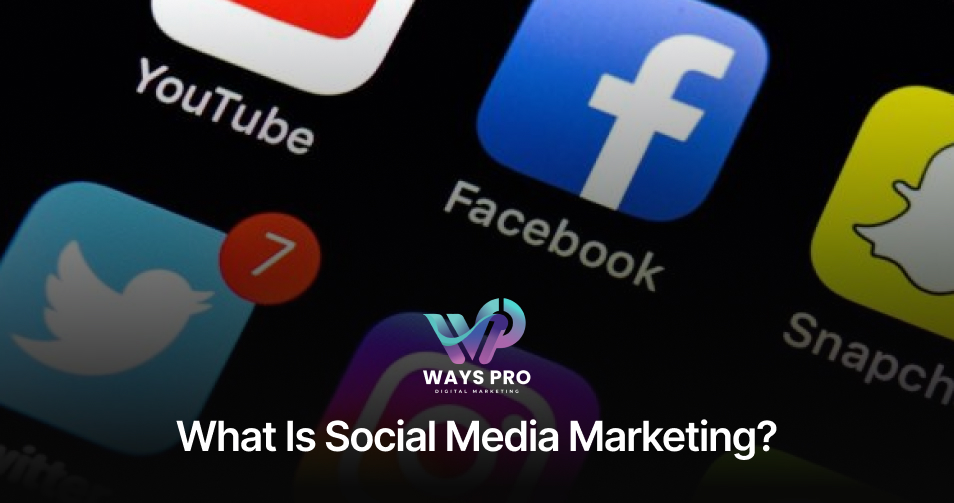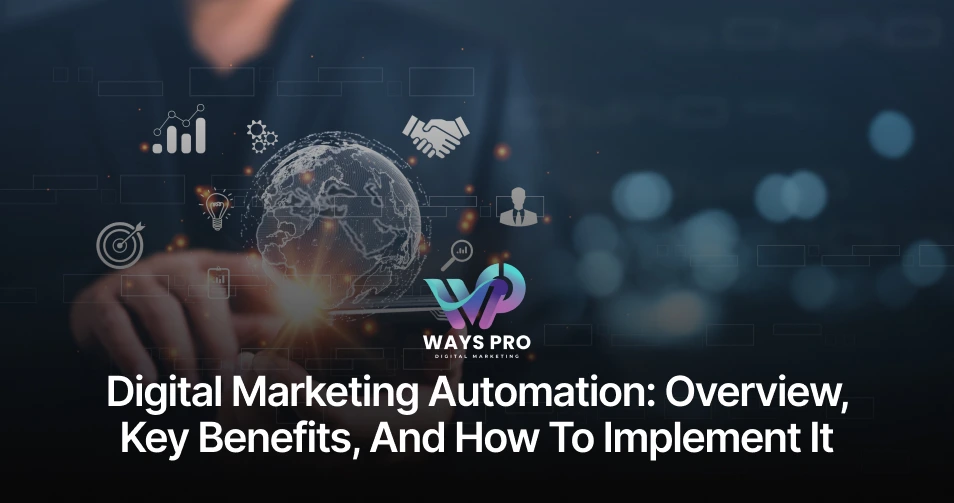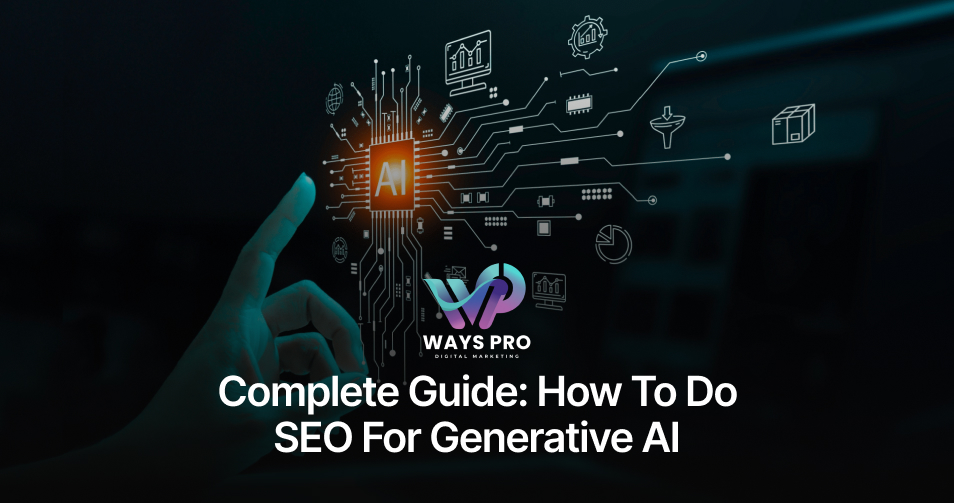When it comes to SEO, it is where the rubber meets the road. On-page SEO is about ensuring your webpages are relevant and useful enough to rank for their targeted keywords.
- For Example: it includes how and where to use your targeted keywords on a webpage and more generally want to actually put them on that webpage to appeal to both Google and Visitors.
Why Is On-Page SEO So Important?
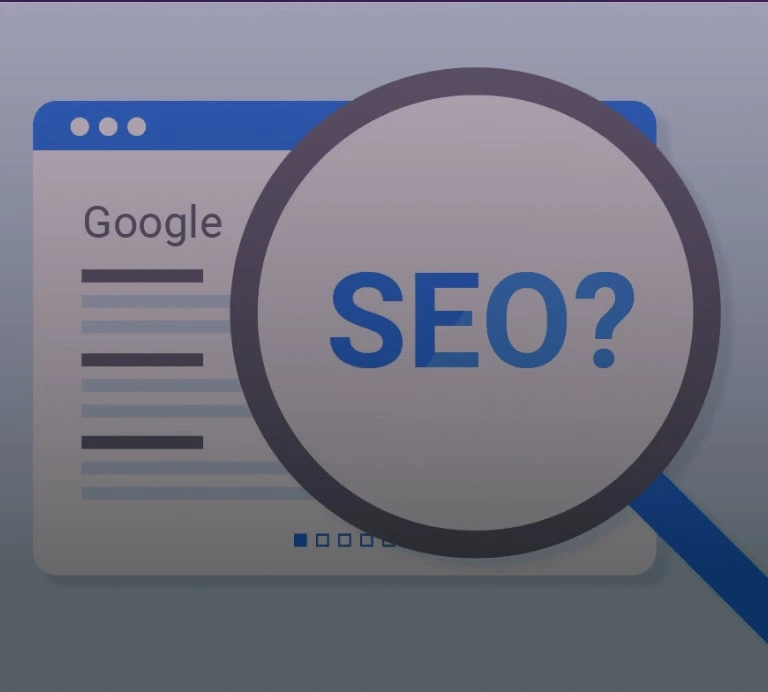
- Improves Search Rankings: Organizing the various parts of the page enhances the ability of a search engine to read and index your content, increasing your chances of ranking high.
- Enhances User Experience: When the content is well structured and the pages have been compressed to load faster, then the site is best for the visitors.
- Drives Organic Traffic: More specifically, on-page SEO aims to make your site more visible to buyers, and hence improves organic traffic.
How Does On-Site SEO Work?
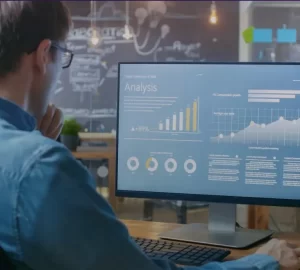
On-page SEO can be seen working in two places:
- The first is on the Search Engine Page (SERP)
- Search Snippets that Google shows to people when they search for something. The links, images, and texts that Google shows for each webpage are mostly controlled by the owners of those web pages put on them. The ranking of those web pages also has a lot to do with on-page SEO. So, if you do a great job with your on-page SEO you get high chances of getting ranked on Google.
- The Second Thing is about the Web Page itself:
- Here, users and search engine web crawlers see when they visit any certain website. Search engine crawlers assess these elements to determine the relevance of your pages. They analyze the natural integration of keywords, site speed, proper HTML tags, on-site SEO, easy-to-understand, and indexing. Then take your website to improve your chances of ranking higher.
What Are Examples of On-Page SEO?
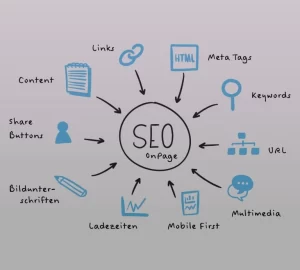
- An example of on-page SEO is writing a blog post around the keyword of your choice.
- For example, if you are creating an article about ‘healthy smoothie recipes’ the keyword would be placed in your title, URL, meta description, heading tags, and in the content of the article.
- It tells the search engines and readers what the content is all about and increases its relevance or chances of ranking high in the search engines for that single term.
How Many Types Of On-Page SEO Are There?
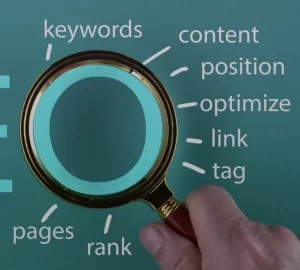
When doing on-page SEO of your website, you can do it by performing a range of on-page SEO methods.
- Title Tags Optimization
- Meta Descriptions
- Header Tags (H1, H2, etc.)
- URL Structure
- Internal Linking
- Image Optimization
- Organic and natural Keyword usage
- Producing Quality Content
- Mobile Friendliness
- Page Load Speed
How To Start SEO?
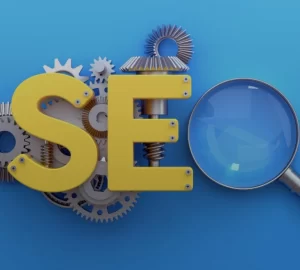
To start SEO, there is an on-page SEO checklist you need to follow and fulfill. In that way, you can start, perform, and complete your website’s Search Engine Optimization.
- Keyword Research: Research the kind of search terms your audience is likely to use. Sites like Google Keyword Planner will assist with that.
- Optimize On-Page Elements: Keywords resulting in the title tag, meta description, header tags, and content.
- Create Quality Content: Produce good quality, helpful content for your readers to help answer their questions.
- Improve Page Speed: Ensure that your website takes a short time to load to improve the experience of the users and for better ranking.
- Build Backlinks: Use the links from other genuine sites to increase your site’s ranking.
- Monitor Performance: This can be done through checklists that are detailed below or through other tools such as Google Analytics.
Do I Need SEO On Every Page?

- Yes – You always need SEO on every page if the content is going to be different and it is going to add something new to the users. Every page is optimized for keywords, ensuring better indexing for the site in search engine listings and more visitors.
- No – Pages such as ‘Thank You’ pages, Terms and Conditions, and pages such as Privacy Policies do not require SEO. These pages are not designed to get ranked in search engines. So, they do not need complex SEO processes but they should follow all the SEO standards.
How Is SEO Successful?
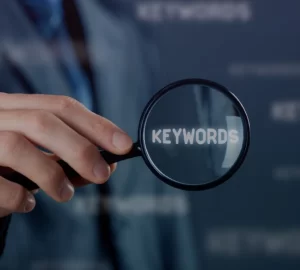
SEO is successful in the context of optimizing a website to rank high on search engines and generate potential traffic.
SEO is successful because of one of its important types which is on-site SEO. It involves the optimization of keyword density, meta tags, headers, and internal links among other things.
Then comes Quality Content that meets the user’s search intent together with other non-content factors such as optimal loading time and mobile friendliness equals a positive user experience.
In the long term, SEO activities will improve the search position of the site, and the awareness of the brand as more visitors pour into the site.
What Is The Primary Objective Of On-Page SEO?
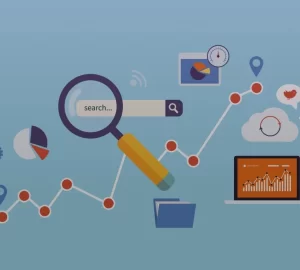
The primary objective of on-page SEO can be divided into two prominent goals, which are:
- Optimize Web Pages:
- On-page SEO is a process dedicated to optimizing each web page to rank higher in search engines for specific keywords. This means such aspects as content and keywords on the page have to be developed.
- Drive Organic (Non-Paid) Traffic:
- In this way, it aims to increase the number of visitors who end up on the site by typing their search queries manually. When properly executed, on-page SEO plays a role in raising website traffic, increasing the flow of more customers and overall business revenue.
Why Is Onsite SEO Important?
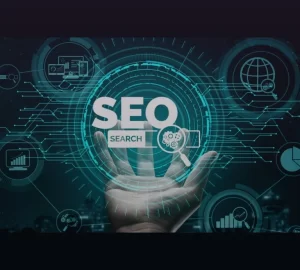
Onsite SEO is important in many ways. For example:
- It Improves Search Rankings.
- Enhances User Experience.
- Increases Organic Traffic.
- Establishes Relevance.
- Builds Credibility and Trust.
How Do I Write On-Page SEO Content?

By following this step-by-step procedure, you can write your on-page SEO content.
- Keyword Research: it starts with searching keywords that are specific, relevant, and able to target the right audience.
You can use a keyword planner in Google Adwords to find other keywords that your target audience is likely to search for.
- Content Planning: Prepare a plan of sections according to the selected keywords while considering the user intent of the website.
- Title Optimization: It demands creating an attention-grabbing title that incorporates the main keyword of the topic you discuss.
- Quality Content Creation: Create unique high-quality content for users, limit the use of keywords while writing and avoid keyword density.
- Use Headings and Subheadings: Use H1, H2, and H3 tags to subdivide the content, make it more easy to digest, and improve the website’s ranking.
- Meta Tags: When launching such pages, ensure that you write more concise meta descriptions and title tags to increase click-through rates.
- Internal Linking: Use links to other pages of your site to enhance site navigation and support the goals of SEO.
- Image Optimization: For images, ensure that you include keywords in the Alt text that will improve their search engine optimization.
What Are The Three Components Of On-Page SEO?
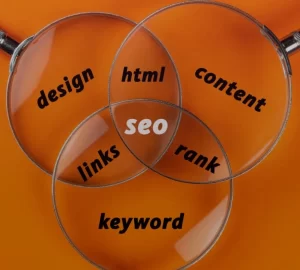
The three key components of on-page SEO are content, HTML, and website architecture.
- Quality Content: It is about the usefulness of the information provided on a webpage about the total information out there on the internet. Optimally written content is supposed to be useful, and interesting and contain relevant keywords to answer users’ queries.
- HTML: Title tags and meta descriptions, and H1 and H2 tags assist in making content understandable to search engines. HTML has a positive effect on search visibility when done correctly.
- Website Architecture or Site Structure: This comprises the designing, including the arrangement, of a website. Improved structure and better navigation also positively affect user experience and site ranking as search engines can easily crawl the site.
What Is On-Page SEO And Its Factors?
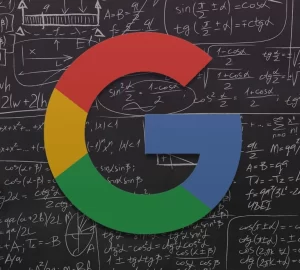
On-page SEO involves the optimization of single web pages to make them rank high in the search engine for the particular keywords or key phrases that you want to target.
The following are the factors of on-page SEO.
- Content Quality: this factor tells the relevance of content to the intent of the users is crucial.
- Keyword Usage: it is about Putting key phrases into titles, headings, and body text.
- HTML Tags: Write a related title tag, and meta description, and use appropriate header tags for enhancing the visibility.
- URL Structure: The other one is ensuring that a clean and relevant URL structure that mirrors the website page is created.
- Internal Linking: Linking up associated websites to improve flow and relevance.
What Is The Keyword In SEO?
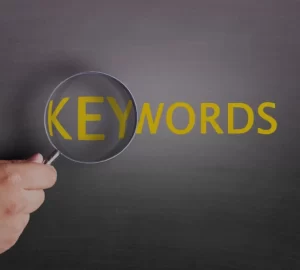
In SEO, the keyword is a single or multiple word with which users search for information on search engines such as Google.
Keywords play a crucial role in content material since they assist the search engine in identifying the theme and value of a specific webpage, which in turn determines its status within the search results page.
Can I Run My Own SEO? Or Hiring an SEO Agency Is Beneficial.

Yes! You can do your SEO on your own. At the same time, you have to keep in mind that it is time-consuming.
So, you need to be experienced in SEO, keep updating your knowledge, executing and monitoring new methods and techniques as SEO trends are ever changing.
In that case, it can be much better to hire an SEO agency as they come along with experience, tools, and techniques in the process.
You are Lucky – That WaysPro Tech is here as your go-to SEO agency. They will offer you suggestions that are right for your business. Call us today to optimize your websites and gain highly impressive results!
Conclusion:
Concluding all, strategic management of SEO is important. With this optimization technique websites achieve their online potential. Also, On-page optimizations can help businesses deliver an impactful boost to their visibility and traffic if adopted and nurtured correctly.
We suggest you stay engaged with WaysPro Tech for more informative updates and professional advice on how to transform your online presence and reach your Digital Marketing objectives!

